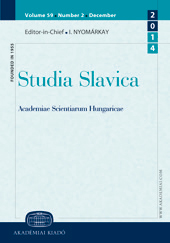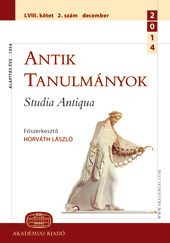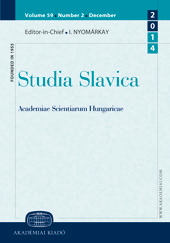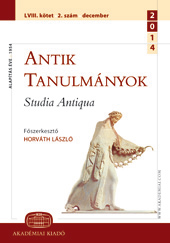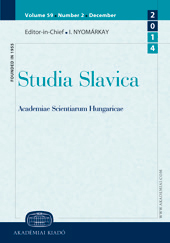
Pred osamdeseti rođendan Istvána Nyomárkayja
Born on March 16, 1937, the Academic Nyomárkay studied Hungarian Language and Literature and Serbo-Croatian from 1955 to 1961 at the Budapest University “Eötvös Loránd”. Graduating, he soon started working as a high-school professor, and as his interest was increasingly moving towards research work, he obtained a PhD in Philosophy at the same university in 1965.
More...
